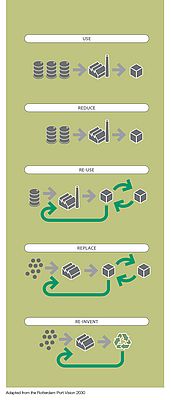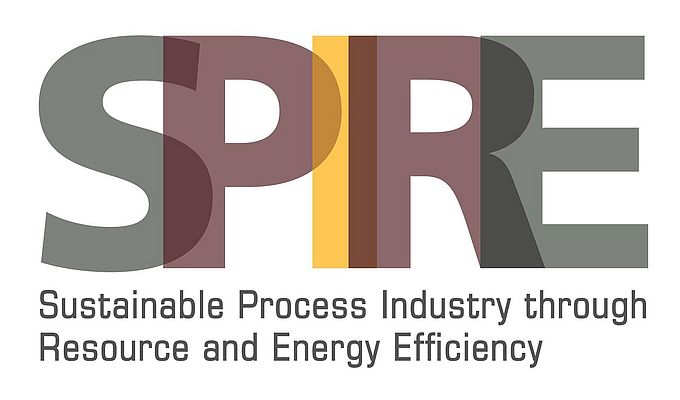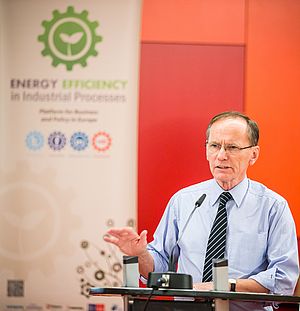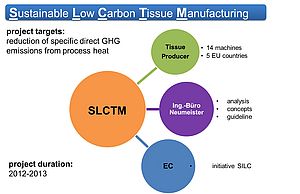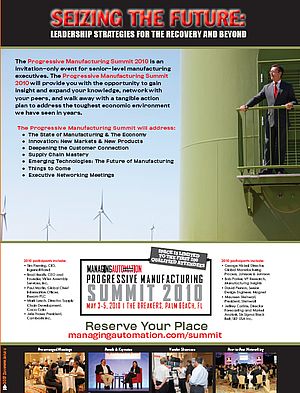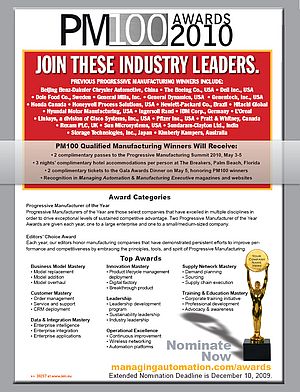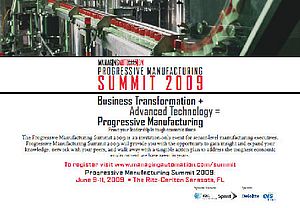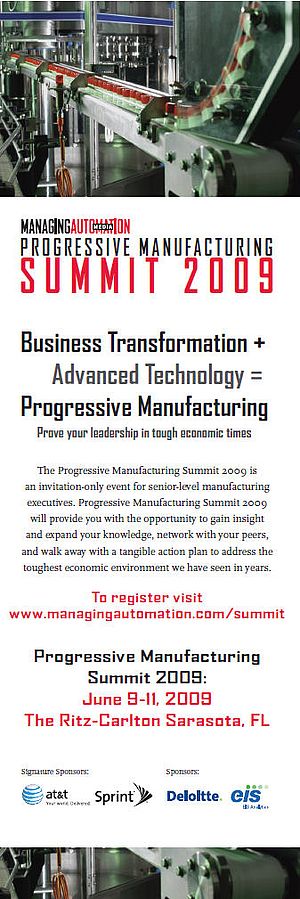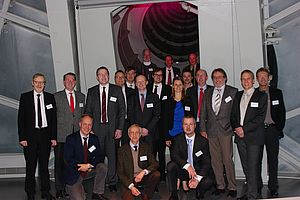Officially launched just before Christmas 2013, the SPIRE (Sustainable Process Industry through Resource and Energy Efficiency) Public Private Partnership is a multi-billion Euro research and innovation initiative that aims to make a significant impact on industrial process efficiency across Europe.
17 December 2013 was a significant date for process and energy efficiency in Europe. On that day the SPIRE Public Private Partnership (PPP) was officially launched with the signature of a contractual agreement between the European Commission and the A.SPIRE association in Brussels. The ceremony marked the start of a seven-year initiative involving the majority of Europe’s process industries that will provide a major boost for the sectors’ global competitiveness and future sustainability.
The SPIRE PPP will be a significant actor in the latest European Union Research and Innovation Framework Programme (Horizon 2020) and is backed by approximately €1 billion of funding from the European Commission that will be matched by the process industry sectors. The first calls for SPIRE research and innovation projects under Horizon 2020 have already been announced.
Boost to industry
The establishment of SPIRE is a significant achievement as it brings together eight world-leading European industrial sectors: cement, ceramics, chemicals, engineering, minerals, non-ferrous metals, steel and water. Together these sectors represent around 20% of total European manufacturing and have united to form an innovation partnership to implement a seven-year synergistic strategic research and innovation agenda to tackle three fundamental challenges:
• the urgent need to create growth and increase the competitiveness of Europe;
• the need to rejuvenate the European process industry (a key part of the European economy in terms of turnover, employment and innovation for all of manufacturing); and
• to significantly increase energy and resource efficiency and reduce the environmental impact of our industrial activities.
SPIRE has an ambitious programme that takes the best of the eight process industries and aims at integrating, demonstrating and validating systems and technologies across sectors. This unique co-operation will enable massive leveraging of costs and faster implementation of technologies through closer connection and integration of innovations in the industries and their value chains.
A.SPIRE aisbl – the organisation set up to coordinate the private input to SPIRE – now boasts over 100 member organisations including companies, big and small, academic institutions and research and technology organisations, and other interested parties from 19 countries across Europe.
SPIRE inspiration
SPIRE will achieve its goals by investing in breakthrough technologies to reduce the energy and resources used in processes as well minimizing industrial emissions and waste. It will work to reuse resources and materials to provide the raw materials for new products. It will help to replace current feedstock by integrating renewable inputs or waste (for example biomass and CO2) and it will reinvent processes, equipment and business models.
SPIRE has two key energy and resource efficiency targets within its time horizon of 2030.
SPIRE’s energy efficiency target is to reduce fossil energy intensity by up to 30% from current levels through a combination of (for example) cogeneration-heat-power, process intensification, introduction of novel energy-saving processes, energy recovery, and progressive introduction of alternative (renewable) energy sources within the process cycle.
In terms of resource efficiency SPIRE aims to reduce by up to 20% non-renewable, primary raw material intensity compared to current levels by increasing transformation yields and/ or using secondary and renewable raw materials.
Through its visionary cross-sectorial approach and synergistic strategic roadmap SPIRE aims to lay the foundations for a truly sustainable European industrial economy that decouples growth from resource and energy consumption.
Six components
SPIRE will implement its research and innovation roadmap through six Key Components:
Feed: increasing energy and resource efficiency through better preparation and product mix of raw materials, including alternative and renewable feedstock.
Process: solutions for more efficient processing and energy systems.
Applications: new processes to produce materials for market applications that boost energy and resource efficiency.
Waste2Resource: valorisation and re-use of waste streams within and across sectors, including new business models for eco-innovation.
Horizontal: focusing on issues such as sustainability evaluation tools and skills and education programmes as well as enhance the sharing of knowledge and best practices.
Outreach: reaching out to all process industries, policy makers and citizens raise awareness of and support for SPIRE’s objectives.
SPIRE will enable European industry to do more – much more – with less input. SPIRE’s high ambitions are matched by strong industrial commitment on an unprecedented scale. Through it, Europe can make a giant leap to enhance its competitiveness and achieve its goals for smart, inclusive and sustainable growth.
The Sustainable Process Industry through Resource and energy Efficiency (SPIRE) is a contractual Public-Private Partnership dedicated to innovation in energy and resource efficiency in Europe and enabled by the process industries.
Loredana Ghinea, Executive Director, A.SPIRE aisbl


